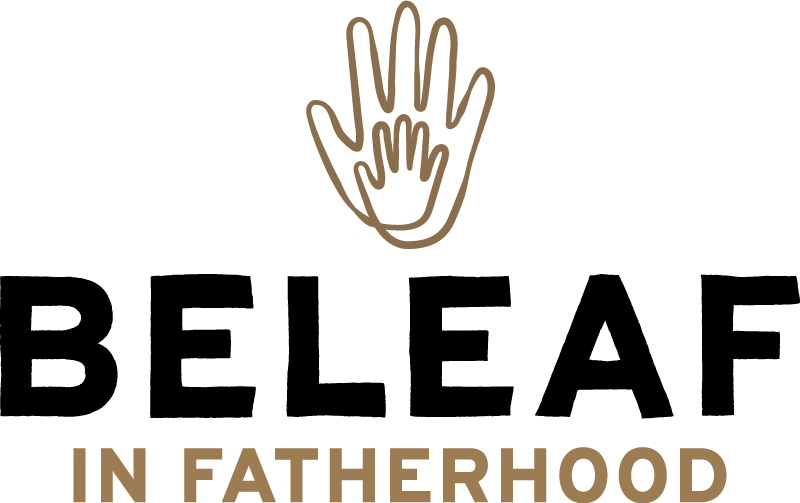Let Us Do It Dad’s Way
While watching Will Smith in his latest masterpiece, King Richard, I was reminded of one of the major reasons I chose to start sharing my journey through fatherhood in the first place.
When I became a stay-at-home dad, a lot of people insinuated that I was a “stand in” for my wife and that I was learning how to do things her way. This couldn’t be further from the truth.
In many ways, yes, I looked to my wife for guidance and advice about how to raise our children. As a woman, she had more experience caring for children than I did. I learned from her in some ways, and forged my own way in others. As men, we are told we are at a deficit in relation to our parenting counterparts in male/female parenting relationships. In some ways, yes, because like I said before, we typically have less experience caring for children at the time we become parents. However, we have instincts just like moms do. We take care of ourselves and can figure out how to give our children what they need. Will it look different than the way mom does it? Of course! Why? Because we aren’t doing it Mom’s way, we’re doing it Dad’s way.
The reason I was reminded of this while watching King Richard was because throughout the film, we watch Richard Williams, father of tennis icons Venus and Serena Williams, push all of his children incredibly hard in the direction of their goals. He requires them to keep straight A’s, to remain humble in the face of their victories, and to trust his vision as it pertains to the trajectory of their careers. Even though he is hard on his children, he is also their biggest cheerleader. He confidently believes throughout the entirety of the film in the genius of his children, and that confidence bleeds on to them and into their endeavors.
For me, as a Black father, watching this film, I understood why Richard pushed his children the way he did. I applauded him for it. The lens through which we are meant to see Richard, though, is one of discomfort. He is portrayed as overbearing, pompous, and over all too much. At the end of the film, we see Venus and Serena become the legends we know them to be today, but we still don’t see Richard get his flowers. Of course, he has the satisfaction of helping his children achieve their dreams, of course we have to admit that the way he did things worked, but the true brilliance of this man is not celebrated the way it needs to be. He is a father who demanded excellence from his children not from a place of danger or abuse but from a place of love and dedication. It is obvious in the film that Richard loves his children beyond comparison, so why are we made to feel so uncomfortable with the way he does things?
The lens through which we see Richard’s efforts reminded me of the general attitude toward Black fathers who encourage their children to be exceptional—we’re viewed as pushing too hard or too far, being too aggressive, or altogether too much. This isn’t the same way I’ve seen our white counterparts represented, because when a white dad acts the same way, he is assertive, caring, passionate, and driven. Why as Black fathers are we not allowed to want and demand excellence for our children without also being villainized? Why are we held to a different standard of fatherhood whereby we can do no right? If we expect greatness from our children, we’re too demanding. If we don’t, we’re passive . These are the two boxes people try to file us into as Black fathers.
Fathers, especially Black fathers, need to have the freedom to parent their children their way. We aren’t learning to be secondary Mothers. We are our own entity and we have important lessons to impart on our children, too.
When we look at exceptional people, especially exceptional Black people who come from places with less bountiful opportunity and provision, like Venus and Serena Williams, Tiger Woods, or the Ball brothers, we have to celebrate the fathers who helped carry them to those new heights, because if we don’t, we further the narrative that a Father is less pivotal in a child’s life than we actually are. This sentiment is damaging and false, and it takes credit away from the people who are doing wonderful things for and with their children.
When I look at my children and the skills I have to share with them, I realize that I have the opportunity to teach them how to make amazing art, whether it be television and film or music. My children have already shown an interest in this, and anything I teach them about this industry will come from a place of love and care, not a place of pressure or force. Of course, real love applies pressure because it requires us to grow, to change, to adapt and rise to the challenge, which is the type of love I have always and will always show my children.
I’m sure that as time goes on, as my children find their brilliance, and as I attempt to guide them in it, someone along the way will say I’m doing too much or pushing too hard. But I will know the truth, which is that I am being the best father I can be, and my children will be better for it. That’s what my platform has always been and will always be about—celebrating fatherhood, at every stage and every change. So if you’re a dad don’t be afraid to do it your way. Fail, win, stumble, triumph. Teach your kids, learn from them too. We’re important, we’re needed, and we’re going to raise some amazing people along the way.



